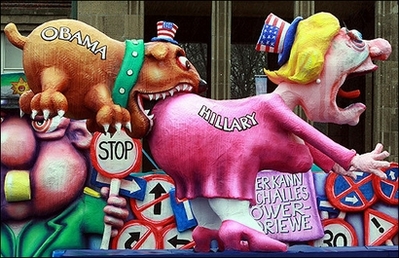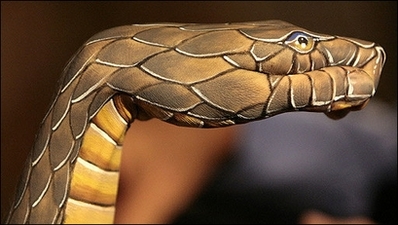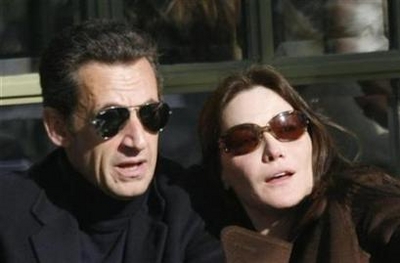Proof that Valentine Day is Indian
A bit of interesting Indian History!
Do you want to know the true story of an origin of "Valentines Day"? Get
the real scoop below.
Not-withstanding, what nonsense you've been told by the media, the truth is
that the Valentine Day was originated in India, and to top it, in "Gujarat" - a state of Mahatma Gandhi who preached love, peace and
non-violence.
Read further for the facts that have been hidden from the pages of history
so far. Here it is:
Well, it is well known what the people in Gujarat are like, especially the
Patel men folk. It is a known fact that they ("Patels") don't treat the
opposite sex (their "Patalanis") with respect; some of the firebrand members
of the opposite sex (wives) thought they deserved better.
One fine day, one brave "Patalani"(Patel lady - her name is unfortunately
lost in oblivion), had enough of "Atyachar"(Torture) perpetrated on her,
by her husband, and then she finally chose to rebel by beating up her
husband with a "Velan"...Yeah, the same Velan with which she made
chapattis for him everyday; only this time, instead of the dough, it was
the husband who was flattened like a chapatti, albeit an oblong one. This
was a momentous occasion for all the Gujarati women and a revolt soon
spread, like a wild fire, with several housewives beating up their, bad as
well as good, husbands with Velan; and there was an outburst of moaning
chapattis all over Anand and Ahmedabad.
The "Patel" men folk learnt their lesson and behaved a bit better with their
"Patalani" partners. However, there was no putting down the burgeoning
feminist spirit of the times, and the beatings continued incessantly.
Eventually the Patel Men-folk started improving and the frequency of the
beating was reduced to once a month -usually towards the middle of the
month, so that they would remain "disciplined".
Further improvement in the Patel men-folk reduced the need to more of an
annual ritual, to ensure that the "Patlanis" can demonstrate the "Credible
Threat"; least the men-folk forget and get back to their olden ways. And so
each year that day (Middle of February, i.e.14th) the womenfolk, if only
gingerly and lovingly, as a token gesture, beat up their husbands to
commemorate that eventful day, which had contributed substantially to better
their lot.
The men folk also submitted to this, in good humor, since they didn't
really get beaten up other days of the year. The entire ritual soon became
a caring and loving affair, with wives having the satisfaction of beating up
their husbands, their husbands cringing in mock fear and pain, and the guys
having the supreme joy of submitting to the whims of the women they loved.
This custom continued for many years, even when the British occupied India.
As Gujarat fell more and more under the influence of Western Culture and
language, some of the more fashionable and educated women, sometimes wearing
leather boots and clothes (this even created a fad for leather "Velans" for
a short time, but it soon passed, as they could not use them to make
chapattis) on that day appeared with a "Velan" in hand, and called out to
their husbands "Velan time" before starting off.
The British noticed this, and they were quite amused and endeared by the
peculiar ritual. They also saw it for what it really was, i.e. a
manifestation of love, not of hate. The ritual soon spread to Britain and
many other Western countries, specifically, the catch words "Velan
time" Of course in their foreign mouths, it was bastardized to
"Velan tine" and then to "Velantine". And from that day onwards, 14th
of February, since it was indeed that day that 400 years ago an irate "Gujarati
Patalani" housewife nearly committed manslaughter, came to be known
as Valentine's Day. The custom of hitting with Velans died a natural death
as more modern (and lethal) equipment was made available to Gujju Girls
with the advent of time and technology, but 14th of Feb still stands as a
symbol of undying and universal love.
- Reported By A Velan-wielding Patelani (Patel Lady)
And we thought otherwise......."Jo tu, kevu kare che.....bahu loi piye
che! Maar ene velan!"
Careful with those velans!!!!!!!!!!
Tue 12 Feb 08



